“Billy Wilder doesn’t go for the obvious arc. He isn’t interested in the same things the characters are interested in. He wants to know what happens to them after they do what they think is so important. He doesn’t want truth but consequences. Few other directors have made so many films that were so taut, savvy, cynical, and, in many ways and tones, funny. …
’Double Indemnity’ was his third film as a director. That early in his career, he was cocky enough to begin a thriller with the lines ‘I killed him for money – and for a woman. I didn’t get the money. And I didn’t get the woman.’ And end it with the hero saying ‘I love you too’ to Edward G. Robinson.”
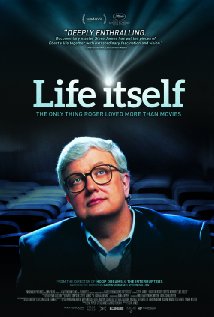 So writes Roger Ebert (1942-2013), the Pulitzer-prize-winning film critic of the Chicago Sun-Times, in his book “The Great Movies.” If you knew Ebert mainly from his hugely successful and world-famous TV show “Two Thumbs Up” (co-starring Gene Siskel), it might surprise you to know quite what a prolific writer he was. He published more than 20 books as well as many collections of reviews. (He started at the Sun-Times in 1966.)
So writes Roger Ebert (1942-2013), the Pulitzer-prize-winning film critic of the Chicago Sun-Times, in his book “The Great Movies.” If you knew Ebert mainly from his hugely successful and world-famous TV show “Two Thumbs Up” (co-starring Gene Siskel), it might surprise you to know quite what a prolific writer he was. He published more than 20 books as well as many collections of reviews. (He started at the Sun-Times in 1966.)
Ebert used his staggering intelligence and covert sensitivity to get under the skin of a movie, to approach a film as both a tenacious reporter and a Spartan poet –baldly pointing out flaws, rapturously praising beauty and incisively assessing the director, cast and crew. He also championed little-known filmmakers and obscure movies, including more than a few film-noir titles.
In 2002, Ebert was diagnosed with thyroid cancer and, though it was removed, his battles with cancer would continue over the next decade. Ebert took his health problems in stride, refusing to let his mighty passion wane.
But it wasn’t just movies that he was enthusiastic about. He was passionate about politics and social justice, sports and travel, and he was deeply devoted to his wife Chaz Ebert (a trial attorney whom he met in AA) and their family. In 2011, Ebert published “Life Itself: A Memoir,” which spurred director Steve James to make a movie about Ebert’s extraordinary life journey.
The result is a film that is engaging, entertaining, fiercely honest and truly inspiring.
“Life Itself” opens Friday in theaters, on iTunes and on Demand.





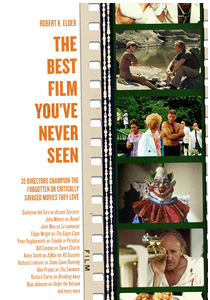
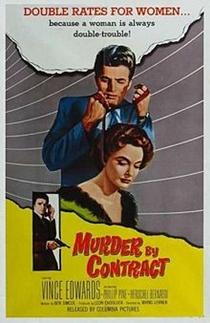
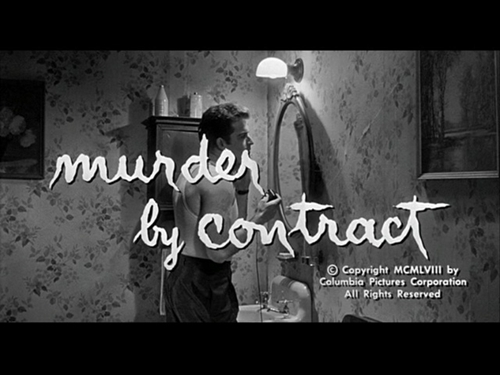
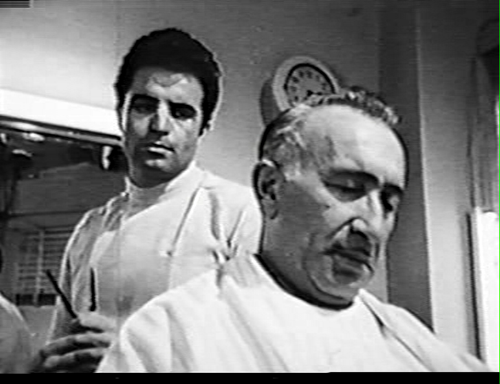


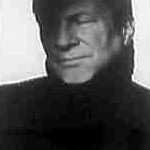
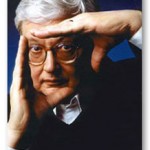
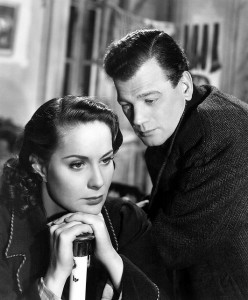





From FNB readers